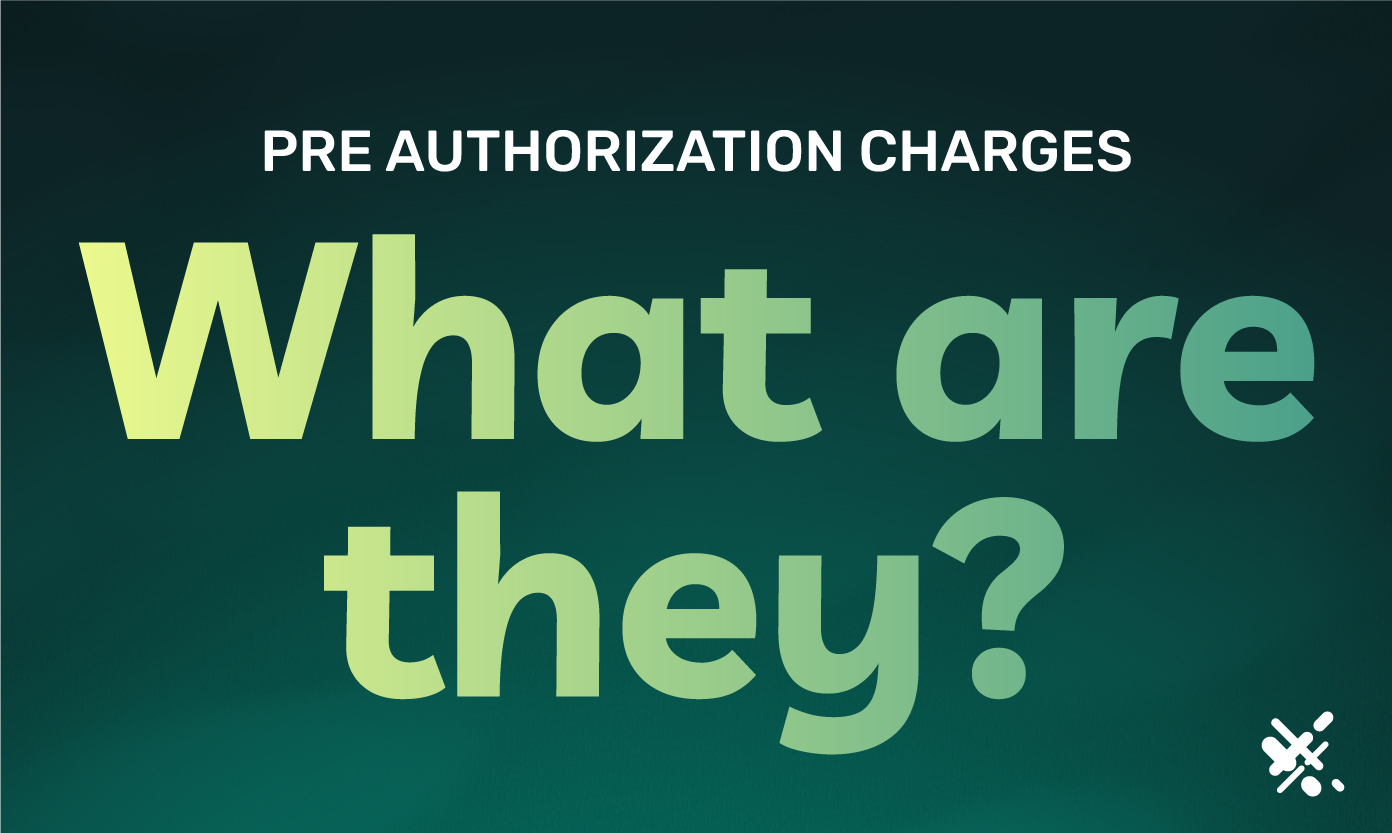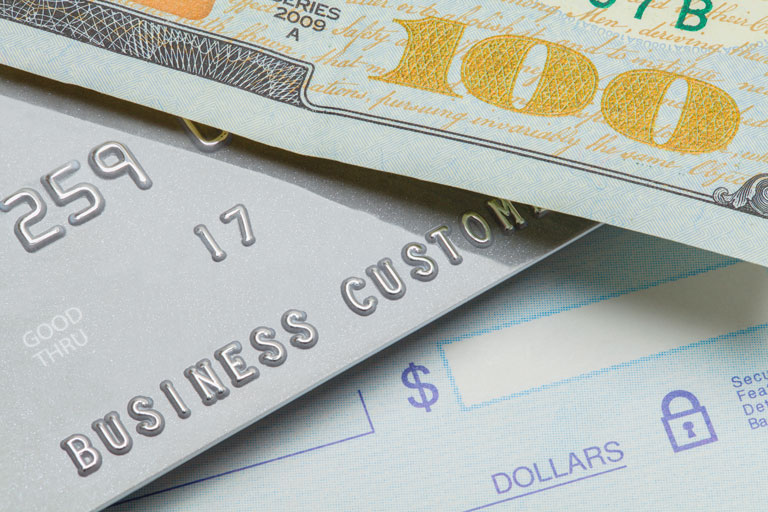Processing Fees
“There’s no such thing as free lunch.” And there certainly isn’t a free way to collect debit and credit card payments. That said, you might think one payment solution is as good as the next one. However, nothing could be further from the truth.
Do you know the difference between flat rate, interchange plus, and tiered pricing? Do you know what type of pricing model your payment processing company uses? Do you know how much of a difference it would make if that pricing model were changed?
Flat-rate pricing is fine if you’re just starting out. But if your sales volume is higher, flat rate pricing could be costing you a lot more than you might think.
Did you know that the true cost of every card payment is different? Visa, Mastercard, American Express, and Discover all have different fees. There are different merchant category codes (MCCs) assigned to businesses based on what the business sells. These MCC codes also impact pricing. Debit transactions have different pricing, and PIN transactions have different pricing than something purchased through an online gateway. Business cards and cards with rewards have different transaction costs than consumer cards that don’t offer points.
With all this nuance in credit card processing fees, you’ll see that flat-rate pricing is a gross oversimplification that could be costing your business hundreds, thousands, or tens of thousands of dollars per year. If flat-rate pricing were applied to large corporations like Amazon, they’d lose millions of dollars per year.
Check out how credit card pricing impacts your profits by perusing some of the articles below.
Charging Credit Card Fees: Understanding the Legality and Best Practices
Charging credit card fees to customers is a great way to avoid extra costs for your business. However, surcharges have regulations you must follow.
Pre-Authorization Charges: What are they?
Preauthorization charges can be a great tool for merchants to protect their high-dollar transactions.
ACH Processing Fees and The Hidden Costs Of Checks
ACH processing fees are generally $1.50 or less. Flat rates generally run between $.20 – $1.50, account fees generally run anywhere between $10.
Credit Card Processing 101: Understanding the Key Players, the Process, the Fees, and More
In this article: Credit Card Processing 101 we go over everything you need to know about credit card payments, solutions, and more
Everything You Need to Know About Merchant Fees
With confusion surrounding merchant credit card fees, we easily explain everything you need to know about processing costs.
My Credit Card Processor Raised My Rates – Now What?
Finding the best credit card processor in 2023 can be a challenge, especially if your current one has raised your rates
14 Tips To Lower Your Credit Card Processing Fees
14 Tips To Lower Your Credit Card Processing Fees 1. Do your Research 2. Understand the Difference Between a Payment Service Provider vs a Dedicated merchant
Should My Business Accept American Express Credit Cards?
There’s a number of merchants that do not accept American Express. But if you’re wondering “should my business accept American Express?”
Understanding Credit Card Processing Interchange Fees For Merchants
Discover what hidden interchange fees you’re paying as a merchant to process credit card transactions. Learn what to do and how to better assess your contract.
Must-know Surcharging Rules To Protect Your Business
Surcharges at the point-of-sale can significantly reduce a merchant’s credit card fees. But it’s imperative to know surcharge rules to keep your business out of trouble
4 Ways to Pass on Credit Card Fees to Your Customers Successfully
merchant credit card fees can really add up. Learn 4 different ways to successfully pass on credit card fees to customers with ease.
Stop Wasting Money! Why Merchants Are Choosing Interchange Fee vs a Flat Fee
Interchange fee vs a flat fee, what’s best? All your questions answered when it comes to choosing the best processor pricing for your business.











